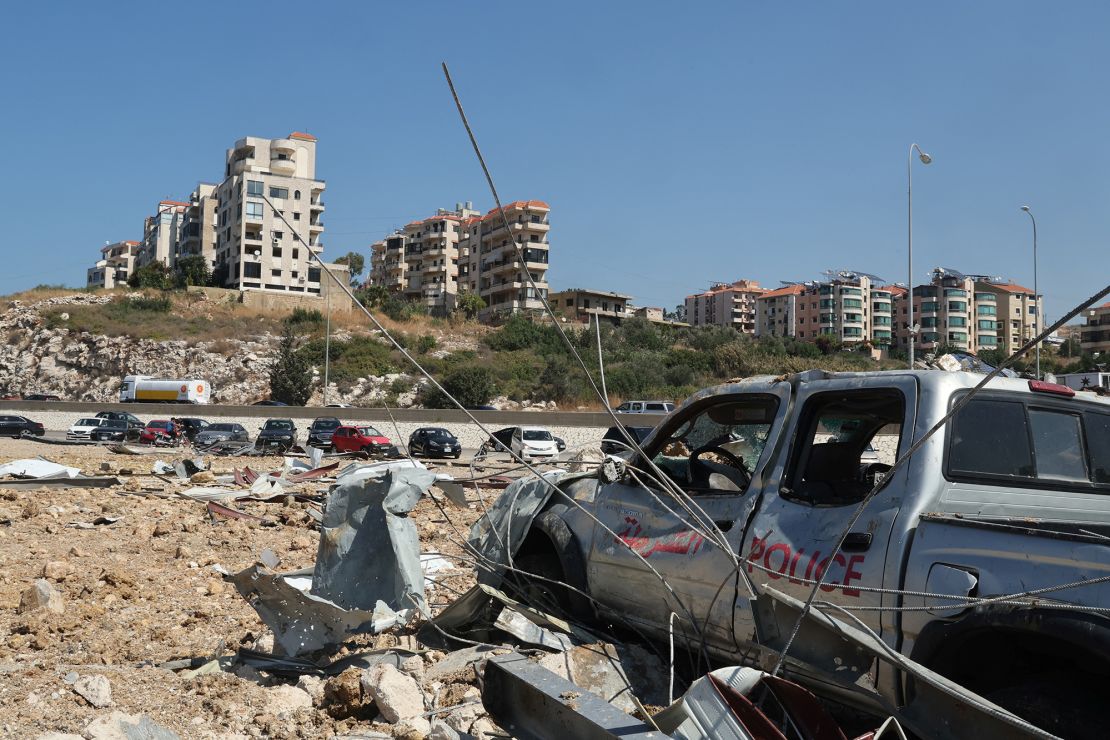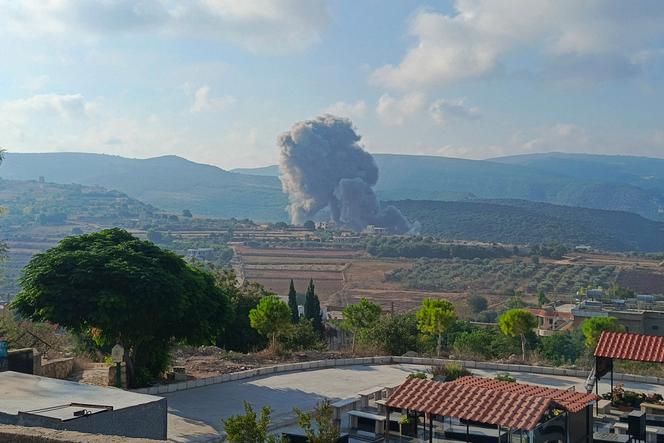Israel Strikes Hezbollah"s Key Missile Site, Escalating Tensions in Region
In a significant escalation of military tensions in the Middle East, Israeli Defense Minister Israel Katz announced on Tuesday that Israeli forces have successfully targeted and struck Hezbollah"s largest precision missile production site located in southern Lebanon. This operation marks a notable intensification in Israel"s ongoing efforts to counter perceived threats from the Iran-backed militant group, which has been actively bolstering its missile capabilities.
Background & Context
The Israel-Hezbollah conflict dates back to the early 1980s, with roots in territorial disputes and broader regional power struggles. Hezbollah, a Shiite militant group established in response to the Israeli invasion of Lebanon, has evolved into a formidable military force, increasingly equipped with advanced weaponry, much of it supplied by Iran. Recent reports indicate that Hezbollah has been enhancing its missile production capabilities, posing a direct threat to Israel"s national security.
In the context of these developments, Israel has frequently conducted airstrikes against Hezbollah positions in Lebanon, citing the need to prevent the transfer of sophisticated weaponry to the group. The latest strike underscores Israel"s commitment to preemptively neutralizing threats and reflects a broader strategy aimed at undermining Iranian influence in the region. As previously reported, tensions have been heightening in the area, with both sides bracing for potential retaliation and further military engagements.
Key Developments
During a press briefing, Defense Minister Katz confirmed that the airstrike targeted an installation responsible for producing precision-guided missiles, which are capable of striking key Israeli infrastructure with high accuracy. Katz emphasized that the operation aimed to safeguard Israeli citizens from the growing missile threat posed by Hezbollah, stating, "We will not allow Hezbollah to establish a military foothold along our northern border."
Eyewitness accounts from southern Lebanon reported significant explosions and subsequent smoke rising from the targeted site, indicating the scale of the attack. While Hezbollah has yet to confirm the extent of the damage or casualties, the group has historically retaliated against Israeli strikes, raising concerns about a potential escalation into broader conflict. Experts warn that continued military engagements could destabilize an already volatile region, with repercussions extending beyond Israel and Lebanon.
\n\n
Image for Israel Strikes Hezbollah"s Key Missile Site, Escalating Tensions in Region
Broader Impact
The implications of this strike extend far beyond the immediate military context. Analysts suggest that Israel"s actions may provoke a response not only from Hezbollah but also from Iran, which has been a key supporter of the militant group. The potential for increased Iranian involvement in the conflict raises significant alarm for neighboring countries and international powers invested in regional stability.
Furthermore, the strike may influence ongoing diplomatic efforts aimed at curbing Iran"s influence in the region. As U.S. officials and allies continue to navigate complex geopolitical landscapes, the situation underscores the fragility of peace in the Middle East. Recent developments in the conflict have drawn parallels to other regional tensions, including the ongoing struggles involving Syria and its alliances with Russia, which have been highlighted in earlier coverage of related military dynamics.
What"s Next
Looking ahead, the situation remains highly fluid. Analysts predict that Hezbollah may retaliate, potentially leading to a cycle of escalation that could engulf the region in further conflict. Israel"s military is on high alert, prepared for possible counterattacks, while diplomatic channels may be tested as international actors seek to mediate the situation.
As tensions mount, the international community will be closely monitoring developments, with a focus on preventing a broader conflict. The potential for escalation raises critical questions about the future of Israeli-Lebanese relations and the broader geopolitical landscape in the Middle East. The strike not only reflects Israel"s military strategy but also serves as a reminder of the precarious balance of power in a region marked by protracted conflict and shifting alliances.

Image for Israel Strikes Hezbollah"s Key Missile Site, Escalating Tensions in Region


![[Video] Heavy clashes and gunfire reported in Baghdad, Iraq](/_next/image?url=%2Fapi%2Fimage%2Fthumbnails%2Fthumbnail-1768342239932-848qsh-thumbnail.jpg&w=3840&q=75)




![[Video] Gunfire between Iraqi security forces and Sadr militias in Baghdad](/_next/image?url=%2Fapi%2Fimage%2Fthumbnails%2Fthumbnail-1768343508874-4redb-thumbnail.jpg&w=3840&q=75)
